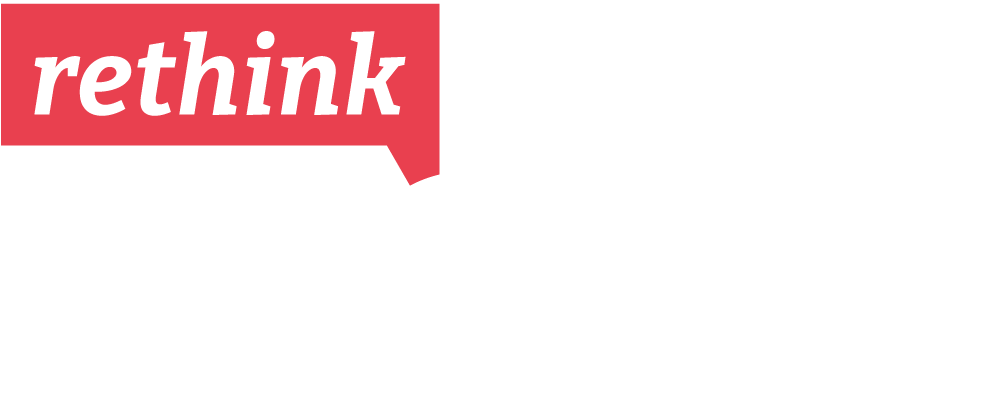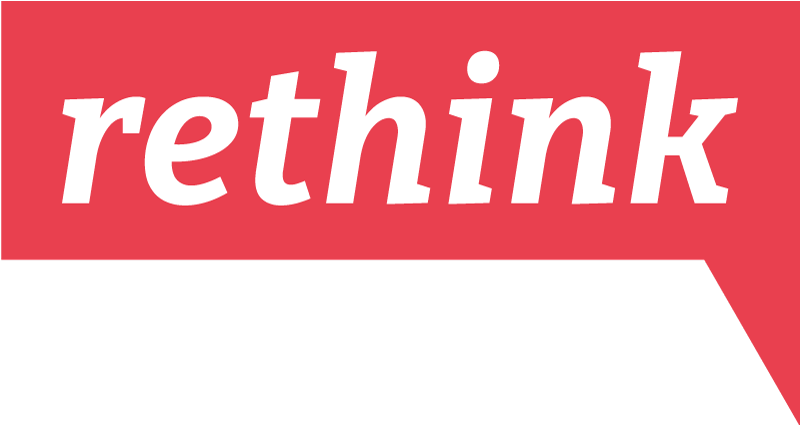Ever since the US administration under Joe Biden passed the CHIPS and Science Act and the Inflation Reduction Act, there has been talk of a renaissance in industrial policy. What are the objectives of industrial policy? And what are its pros and cons?
[…] But even if the evidence now suggests that individual industrial policies can be effective, does the fundamental criticism not remain that the governments should not intervene in the economic process by picking winners? Are markets not better at obtaining and evaluating information about the future prospects of industries, companies, or products? Against the backdrop of the crises of recent years, this argument appears no longer tenable. The production and supply shortfalls during the corona[1]virus pandemic or the reactions of companies to rising energy prices as a result of Russia’s war of aggression against Ukraine have soberingly demonstrated that the market is also limited in its ability to assess correctly future developments and their impact on the economy. […]
Read the full article in the 10th issue of the Global Solutions Journal: GS_journal_10_Goerg.pdf (global-solutions-initiative.org)
Read the full German-language article in Aus Politik und Zeitgeschichte: Industriepolitik | bpb.de
The article was first published in a longer German version on 19 January 2024 in Aus Politik und Zeitgeschichte, Vol. 74, No. 4-5, 2024, pp. 4-9 under the title “Comeback der Industriepolitik?”, published by the Bundeszentrale für politische Bildung (bpb), Bonn, Germany.




